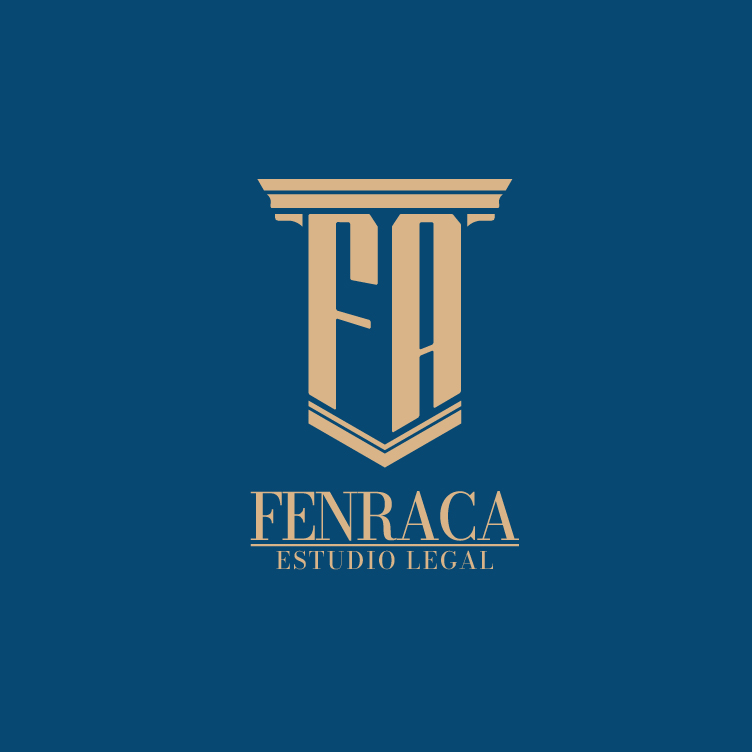Best Inheritance Law Lawyers in Santo Domingo
Share your needs with us, get contacted by law firms.
Free. Takes 2 min.
List of the best lawyers in Santo Domingo, Dominican Republic
1. About Inheritance Law in Santo Domingo, Dominican Republic
Inheritance law in the Dominican Republic is guided mainly by the Civil Code. It governs how a deceased person’s estate is distributed, how wills are validated, and how forced heirs receive their legitimate shares. In Santo Domingo, as in the rest of the country, inheritance matters interact with real estate transfers, probate proceedings, and notarial acts.
The process typically involves determining heirs, valuing assets, paying debts, and distributing property according to legal rules or the terms of a will. Notaries and the Conservador de Bienes Inmuebles play key roles in authenticating documents and transferring titles. The law also protects spouses and children through the concept of legítima, a reserved portion of the estate for certain heirs.
Probate proceedings in the Dominican Republic generally take six to eighteen months, depending on complexity and asset location.
For official texts and summaries of inheritance rules, consult official government sources. See the Civil Code and related inheritance provisions on the Dominican Republic's laws portals linked in the resources section.
2. Why You May Need a Lawyer
Below are concrete, real world scenarios in Santo Domingo where you would likely benefit from legal counsel specializing in inheritance law.
- Disputes over a surviving spouse’s rights versus a decedent’s will. A spouse wants usufruct rights on the family home, while a will attempts to disinherit or limit those rights. A lawyer can interpret legítima and protect the surviving spouse's interests.
- No will exists and there are multiple children from different relationships. The estate must be divided according to intestate rules, which can be complex when stepchildren or estranged relatives are involved. An attorney helps map out rightful shares and resolve conflicts.
- Real estate in Distrito Nacional requires probate before transfer. If the deceased owned an apartment or commercial property in Santo Domingo, you need guidance on inventory, debts, and title transfer at the Conservador de Bienes Inmuebles.
- Contesting a will due to coercion, fraud, or lack of capacity. When you suspect undue influence or forged documents, a lawyer can challenge the will's validity in court and protect rightful heirs.
- Debts and liabilities complicate distribution. If the decedent owed taxes, loans, or creditor claims, an attorney helps prioritize debts and coordinates with creditors during settlement.
- Tax and registry compliance for inherited assets. An attorney ensures proper documentation for transfers, registrations, and any applicable transfer duties or stamp taxes.
3. Local Laws Overview
Two to three core legal frameworks govern inheritance matters in Santo Domingo. Their official text and updates are accessible through government portals.
- Código Civil de la República Dominicana - The Civil Code sections that cover succession, intestate distribution, legítima and testamentary dispositions. This is the primary source for how estates are settled in the Dominican Republic. For official text, see the Leyes portal on the government site.
- Ley de Registro Civil - Governs civil registry acts required for inheritance, such as death certificates and official records used in the probate process. Official references are available through the government’s laws portal.
- Notariado and testamentary formalities - Regulation of notarial acts, including public and private wills, and the role of notaries in validating testamentary dispositions. These rules are administered by the Ministry of Justice and supported on official portals.
Practical notes for residents in Santo Domingo: keep copies of death certificates, identify all heirs, and secure property titles early to avoid delays in transfers. For authoritative texts and current rules, consult:
“The Civil Code governs succession and intestate distribution rules in the Dominican Republic.”
Key government resources to review include the Ministry of Justice and the Judicial Power. They provide guidance on forms, notarial requirements, and court procedures as they relate to inheritance matters.
4. Frequently Asked Questions
What is inheritance law in Santo Domingo?
Inheritance law determines how a deceased person’s assets pass to heirs, whether through a will or by legal succession rules under the Civil Code. It also covers the protection of forced heirs and the validity of testamentary documents.
How do I start probate in Santo Domingo?
Begin by gathering the death certificate, a will if one exists, asset records, and debt information. Then consult a local abogado (attorney) to file the initial petition in the appropriate civil court or with a notary, depending on the form of the will.
When should I hire a local inheritance lawyer?
Hire a local abogado as soon as possible after death, especially if there are disputes, real estate transfers, or potential claims from creditors. Local experience helps with court schedules and notary requirements.
Where do I file a will or initiate an intestate procedure?
Wills are typically validated by a notary or civil court, depending on form. Intestate procedures are filed in the civil courts of the province where the decedent resided or where assets are located.
Why should I contest a will in Santo Domingo?
Contest a will to challenge coercion, fraud, incapacity, or improper execution. Lawyers help preserve rightful heirs when the will may not reflect the decedent’s true intent.
Do I need to prove the decedent’s debts during probate?
Yes. A complete inventory of assets and debts is required. The lawyer coordinates with creditors and ensures debts are paid before distribution.
Should I expect any taxes or fees during inheritance?
Inherited assets may incur transfer costs and registry fees. Your abogado can estimate these costs and plan the timing of transfers and registrations.
Can a foreign will be recognized in Santo Domingo?
Foreign wills may be recognized if they comply with Dominican law requirements and are properly authenticated or translated. A Dominican abogado can evaluate admissibility.
Is a paid real estate transfer required to complete inheritance?
Real estate titles must be transferred through proper probate or testamentary disposition, then registered with the Conservador de Bienes Inmuebles. This process formalizes ownership changes.
Do I need witnesses or notaries for a will in the Dominican Republic?
Public wills require a notary and witnesses; private or handwritten wills have other formal requirements. An attorney can guide you through the correct form.
How long does it typically take to settle an estate with real property?
Estates with real property usually take longer due to title transfers and registry steps. Typical timelines range from several months to over a year depending on complexity.
What documents should I bring to my first lawyer consult?
Bring death certificates, identification, family relationships, property deeds, debt records, and any existing wills or trust documents you know about.
5. Additional Resources
- Poder Judicial de la República Dominicana - Official body overseeing courts and probate procedures; provides guidance on filing, timelines, and court rules. Website: poderjudicial.gob.do
- Ministerio de Justicia - Government ministry responsible for notaries, civil registries, and legal frameworks guiding inheritance matters. Website: justicia.gob.do
- Leyes.gob.do - Official portal hosting the Civil Code and other primary statutes applicable to inheritance, succession, and notarial acts. Website: leyes.gob.do
6. Next Steps
- Identify the estate and heirs. List all assets, debts, and potential heirs. Do this within 1-2 weeks of the death if possible.
- Gather critical documents. Collect death certificate, will (if any), property deeds, bank statements, and tax records. Complete within 1-3 weeks.
- Consult a local inheritance lawyer. Schedule an initial meeting with an abogado in Santo Domingo to review options and timelines. Do this within 1-2 weeks after gathering documents.
- Determine the correct path. Decide between probate with a will, or intestate succession, and whether real property transfers are involved. Complete decision within 1 month.
- Prepare and file required documents. Your lawyer drafts petitions, inventories, and wills or intestate plans. Submissions typically occur within 4-8 weeks after intake, depending on court schedules.
- Attend the initial hearing or notary act. If applicable, participate in the public or private will validation or the intestate proceeding at the appropriate venue. Schedule within 1-3 months of filing.
- Complete transfers and registrations. Transfer titles at the Conservador de Bienes Inmuebles and register with the property registry. Expect several weeks to months for processing.
Lawzana helps you find the best lawyers and law firms in Santo Domingo through a curated and pre-screened list of qualified legal professionals. Our platform offers rankings and detailed profiles of attorneys and law firms, allowing you to compare based on practice areas, including Inheritance Law, experience, and client feedback.
Each profile includes a description of the firm's areas of practice, client reviews, team members and partners, year of establishment, spoken languages, office locations, contact information, social media presence, and any published articles or resources. Most firms on our platform speak English and are experienced in both local and international legal matters.
Get a quote from top-rated law firms in Santo Domingo, Dominican Republic — quickly, securely, and without unnecessary hassle.
Disclaimer:
The information provided on this page is for general informational purposes only and does not constitute legal advice. While we strive to ensure the accuracy and relevance of the content, legal information may change over time, and interpretations of the law can vary. You should always consult with a qualified legal professional for advice specific to your situation.
We disclaim all liability for actions taken or not taken based on the content of this page. If you believe any information is incorrect or outdated, please contact us, and we will review and update it where appropriate.











